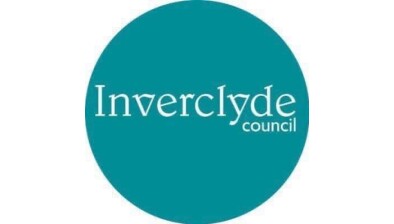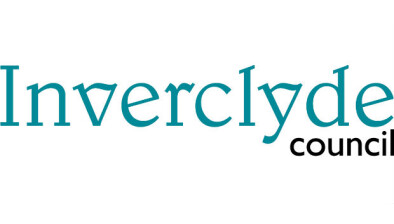Inverclyde Council ‘disappointed’ as judge rules against ‘flawed’ demolition plans
 Inverclyde Council’s bid to demolish 430 flats on a Port Glasgow housing estate was based on “flawed”, “inadequate” and “tainted” assumptions, a judge has ruled.
Inverclyde Council’s bid to demolish 430 flats on a Port Glasgow housing estate was based on “flawed”, “inadequate” and “tainted” assumptions, a judge has ruled.
The tenement flats on the Clune Park estate, all of which are in private ownership, were identified by the council as its highest priority for investment due to the degraded condition of the housing stock.
Only 20 flats are occupied by their owners, less than 100 are let to tenants by private landlords and the rest are empty.
A plan to demolish all 430 flats to allow progress to be made in regenerating the area was approved by the council in May 2011 after a House Condition Survey found that it would not be economically viable to tackle the structural damage and repair issues prevalent in the area in order to bring the flats above a tolerable standard.
The move was part of a plan which involves Inverclyde Council committing £2.6 million of public funds to tackle the physical and social regeneration of the estate.
However, a new report by Sheriff Derek Hamilton has decided in favour of property owners and landlords at the dilapidated estate who fought the local authority over its plans to bulldoze the site.
The 91-page judgement highlighted a succession of inconsistencies in the evidence provided by building expert David Turnbull, who compiled two reports which the council relied upon in order to issue nearly 300 demolition orders at Clune Park.
Mr Turnbull, who was a partner with Greenock structural engineering consultancy ATK, stated that corrosion of steel reinforcements had led to expansion of the alloy which had significantly weakened buildings.
But after that conclusion was challenged, he declared that the reinforcements had become “de-bonded” from concrete roof beams.
Sheriff Hamilton concluded in his ruling that Mr Turnbull’s evidence was “unscientific, speculative and selective”.
The sheriff said: “I find it surprising that he could reach his conclusions, and also maintain them in his second report, without ever having been inside any of the properties, or having been on the roofs.”
Sheriff Hamilton added: “He accepted that early on he came to a conclusion as to the reasons for the cracks in the buildings, and he looked for evidence to support his conclusion. I believe his approach was flawed.
“It was based on inadequate inspection of the properties and an initial erroneous conclusion as to the roof structure, and to the extent and pattern of the reinforcement steel.”
A total of 270 cases against the council were lodged at Greenock Sheriff Court before the legal teams for the local authority and property owners agreed on six test cases to go forward to evidential hearings.
Sheriff Hamilton states in his report: “Mr Turnbull’s evidence was not what might be expected of an expert witness.
“It was ultimately inherently inconsistent and confusing.”
Inverclyde Council described Sheriff Hamilton’s ruling as “a disappointment” and said it will study the report closely before it decides what to do next.
A spokesman said: “The judgement from the Sheriff is a disappointment. It was made on the evidence presented and the council will now consider the detail of these findings and make a decision on the next course of action. This decision applies to six appeals and the sheriff has rightly pointed out that there is no agreement that any decisions will be binding on the other appeals which are currently sisted, or held in abeyance in court.
“This decision by the sheriff is not the conclusion of the council’s commitment to resolve the appalling housing conditions that exist within the estate.
“Clune Park has not become a better place to live over the course of these appeals. The buildings at Clune Park have not improved over the course of these appeals. Private landlords at Clune Park have not carried out any dedicated programme of building improvements or works on the buildings within their control.
“The council has a statutory duty to ensure that all sub-standard housing in Inverclyde is either improved to an acceptable standard or demolished. The council is also required to carry out regular surveys to ascertain the current standard of houses in the private sector in Inverclyde. All of the information available to the council, including further surveys of the Clune Park area since this case was heard, supports the council’s position that these properties suffer from major structural defects, are in significant disrepair, lack basic amenities and ought to be demolished.
“Residents and those with a positive interest in the area should rest assured that Inverclyde Council is committed to the long term regeneration of the Clune Park estate. We cannot stand by and watch Clune Park deteriorate even further with the poor housing conditions and appalling social problems which have subsisted in the long term in this area.”






